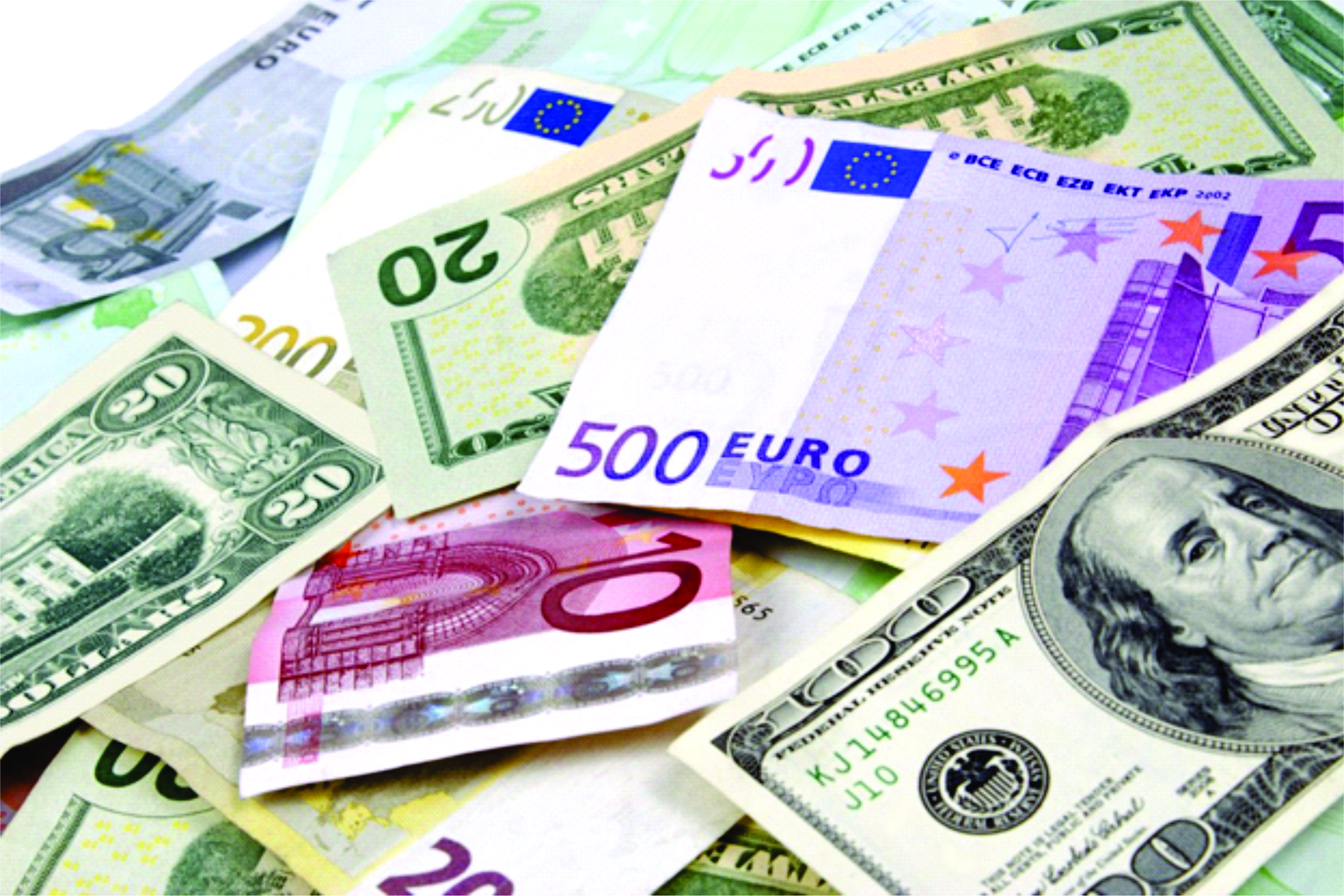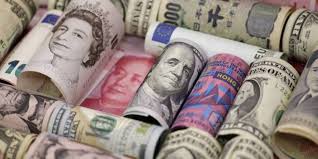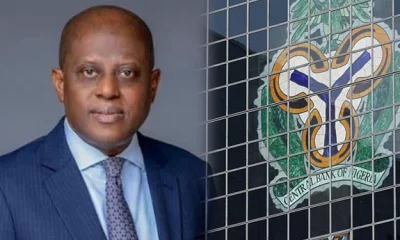The Central Bank of Nigeria (CBN) will inject additional 10,000 dollars proceeds of International Money Transfer Services Operators (IMTSO) to 3135 Bureau De Change Operators nationwide, National Daily has gathered.
The President, Association of Bureau De Change Operators of Nigeria (ABCON), Alhaji Aminu Gwadebe disclosed this on Wednesday in Lagos.
According to him, the move by the CBN is to checkmate the activities of currency hoarders and speculators. “Providing liquidity into the BDC subsector is the rat poison that will smoke the rat out of the hole in terms of speculation and hoarding.”
.The ABCON chief commended the “doggedness of the CBN in its interventions in the entire official window, adding that the apex bank’s action justifies its determination to continue to strengthen the Naira and get it out of the grips of speculators and hoarders.
The move by the CBN to rightfully explore the BDC window in stabilising the Naira exchange rate has shown the apex bank as a listening institution geared toward ameliorating the plights of FOREX end users.
ALSO SEE: ABCON accuses banks of hoarding dollars
Meanwhile, Gene Leon, the International Monetary Fund (IMF) mission chief for Nigeria said the Nigerian government has acknowledged the need for reforms, and must also implements its reform plan.
He also said that the IMF sees a need for a foreign exchange adjustment, in a bid avoid a disorderly depreciation of the naira. “We do find there to be some over-valuation at this point of the naira, of the official currency, somewhere to the tune of 10 to 20 percent.”
The IMF Staff country report, which was unveiled on Wednesday also showed that Nigeria’s multiple devaluation between 2014 and 2016, affected the private sector, especially the banks.
“With about 45 percent of loans and 40 percent of NPLs in foreign currency, a further depreciation of the naira by 50 percent would increase NPLs net of provisions to capital by 12 percentage point (from 28 to 40 percent)”, the IMF staff report read.

 Football7 days ago
Football7 days ago
 Entertainment6 days ago
Entertainment6 days ago
 Football1 week ago
Football1 week ago
 Business5 days ago
Business5 days ago
 Football1 week ago
Football1 week ago
 Football6 days ago
Football6 days ago
 Business6 days ago
Business6 days ago
 Crime7 days ago
Crime7 days ago













